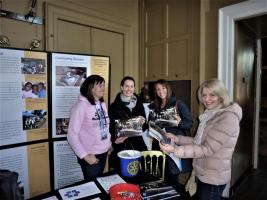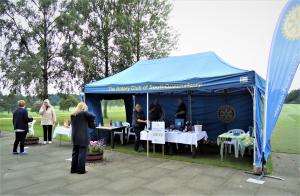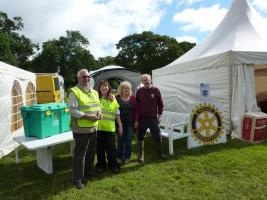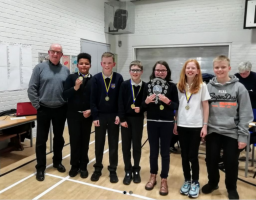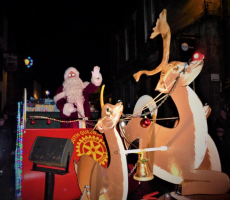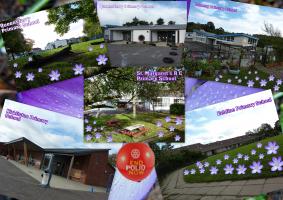Speaker Evening
Thu, Aug 31st 2017 at 6:45 pm - 8:45 pm
Dr Toni Roseweir - Cancer Research.
Raffle - Jill Templeton.
Reception - Grainger Falconer / Eric Proven.
On Thursday 31st August the Rotary Club of South Queensferry enjoyed an informative and thought-provoking talk by Dr Toni Roseweir, daughter of past president Robert Farrelly. The theme was the evolution of cancer research and Toni, a lecturer in cancer science at the University of Glasgow involved in identifying and classifying cancers to facilitate the most effective treatment, presented an overview of how recognising and treating cancer had progressed since breast cancer was first seen in nuns in the early seventeen-hundreds. Cancer is basically a wide range of malignant conditions where damaged cells are not replaced, proliferate and, when nourished by blood, can travel through the body. As our population is getting older, more people are affected because most cancers occur between the ages of sixty and eighty. In earlier generations, with much younger death rates, such cancers were rarely noticed. In the late eighteen-hundreds, it was realised that susceptibility to some cancers could be inherited. Marie Curie, famous for isolating radium and developing radiology, also discovered that some cancers can be caused by a virus. Dr Toni Roseweir emphasised the vital part cancer screening in the older population plays in early detection of cancer. She urged everyone offered screening to take part. Her own expertise lies in identifying types of breast, cervical and bowel cancer and advising oncologists on the most effective treatments. There are now many possible treatments, though some cancers respond better than others. Currently overall survival rate is around 60%. Toni's talk was of great interest as few people these days have not been affected by cancer if not directly, then through family members or friends. Among many questions from the floor, one concerned the part played by drug companies. Toni explained that drug companies often funded university research. The universities then patented the research and the companies produced the treatment. Clinical tests could take up to ten years, in their latter stages involving thousands of patients all over the world.
Proposing the vote of thanks, Rotarian Eric Proven congratulated Toni for a presentation full of enthusiasm and knowledge. It was gratifying to know that dedicated people like her were making constant progress in this vital work.
'What We Do' Main Pages:
